It’s beyond doubt that love and sex are important to us as human beings. Having fun together makes you and your partner close. But with pleasure also comes the responsibility to be safe and to safeguard your loved ones. There are many – easy and simple – ways to protect yourself from STDs, however, due to a lack of adequate sexual education, too many people continue to expose themselves to the risk. That’s the reason why STDs continue to be transmitted and they can be really dangerous.
One plague that has affected all sexually active people is the rise in cases of AIDS. According to recent estimates, there are currently 2-3 million individuals in India infected with HIV. This leads me to discuss Sexually Transmitted Diseases and questions related to them. Let’s first understand, what are these exactly, and what are the ways to protect yourself from STDs?
What Are STDs?
Table of Contents
STDs are also known as sexually transmitted infections (STIs) or venereal diseases. You get infected with them if you come in contact with a person who has an STD or sexual infection. When you have unprotected sex with the infected person, these can be transmitted to your body through an exchange of body fluids such as vaginal discharge, pre-cum, semen, and even saliva.
Apart from unprotected sex, STDs can also spread by touching the infected area, oral and anal sex, a blood transfusion from an infected person, or use of unsterilized/used needles. It can also pass from mother to child during childbirth, or breastfeeding. These infections are usually caused by bacteria, viruses, and parasites.
Genitals provide the best environment for these bacteria/viruses/parasites to breed and grow, as these are moist and warm areas of the human body.
When And How Can You Get STDs?
Well, you can get an STD if you are sexually active and have multiple partners. Or even if you have a single sexual partner who is not aware of having an infection. By touching the infected area or through an exchange of bodily fluids, you are prone to getting an infection. To put it frivolously, it is the one reason to regret that one-night stand.
Likewise, drug users who inject substances directly into their bloodstream can also be at risk owing to a tendency to share needles. STDs exist on a broad spectrum, with each disease and infection varying in its degree of severity and scope of treatment.
It’s good to be aware of what are the infections that come under the sexually transmitted diseases category. Bacterial infections like chlamydia, gonorrhea, and syphilis, viral infections like HIV, genital herpes, genital warts (HPV) and hepatitis B, and infections caused by parasites such as Trichomoniasis.
This leads me to the next commonly asked question: What are the symptoms and ways to protect yourself from STDs?
Related Reading: What are the best contraceptives for newly married couples?
Symptoms Of Sexually Transmitted Diseases
Many symptoms seem usual and sometimes even go untreated due to a lack of awareness. Let’s understand what these symptoms are in both men and women.
Symptoms in men include genital sores, warts, ulcers, and painful or burning sensation while passing urine. It is difficult to notice symptoms in women, as there may be no signs of symptoms or some usual signs which are not noticeable. These symptoms are vaginal discharge which could be milky white, thick or thin, green or yellow. Vaginal rash, blisters, pain during sex, or lower abdomen pain are some other symptoms of an infection.
The most common symptom in both men and women include pain in the lower abdomen and a burning sensation during urination. These are associated with a sexual disease called Chlamydia. This is a bacterial infection that can be treated with antibiotics.
Why is sex education important in schools? This is exactly why. Sex is a landscape that needs one to know what they are doing and how they are doing it. One of the ways to protect yourself from STDs is by simply knowing what they are and taking the right precautions during sex.
If one notices symptoms, it is very important to get yourself checked by a medical practitioner if you feel there could be chances that you have an infection. So it’s good to see a doctor before the disease becomes severe and spreads to the different parts of the body.
The most recent infection that has popped up is the Zika virus, which originates due to sexual contact and mosquitoes carry infection from the affected person.
12 Ways To Protect Yourself From STDs
Can you get rid of STDs? Absolutely. But know that prevention is better than cure, and having found out what these infections and symptoms are, there indeed are many ways to prevent STDs in the first place.
In today’s time of one-night stands, sexual encounters with someone you do not know well are common. You may have found a new love or be sexually attracted to someone and want to be intimate and share your passion.

Going with the flow might not always be rational, especially if, in doing so, you’re throwing caution to the wind. It is of utmost importance to talk about safety to protect yourself and your partner from getting an infection. With the in mind, here are 12 ways to protect yourself from STDs:
1. Use condoms and dental dams
Always use condoms (there are many brands available in the market for both males and females). Sexual diseases or infections get transferred with improper use or lack of use of condoms. Oral sex is less risky but dental dams should be used to avoid the tongue coming in contact with the other person’s genitals. These dental dams are made of rubber or silicon.
Related Reading: How Not To Get Pregnant Without Using A Condom
2. Avoid having sex with multiple partners
The answer to how to prevent STDs can simply be about restraining yourself a little. Having sex with multiple partners has a greater risk of getting these infections. We’re all for open or polyamorous relationships but not at the cost of getting a disease.
So, it is advisable to have a single sexual partner and be faithful to each other and not to invite STDs unnecessarily by having different partners.
3. Clean after the act
To avoid sexually transmitted diseases, always wash after an episode of sex, no matter whether or not you were using a condom. Ideally, it is best to wash before and after intercourse.
4. Being proactive
If you are going on a date or a party, knowing that sex is a possibility, make sure you are prepared for the same. Always be sure what you would like to do and what would be the limits. Have this clear in your mind and stick by it. In such situations, always carry a condom irrespective of your sexual preferences.
Related Reading: Is it safe to have sex with UTIs?
5. Be responsible for yourself
It’s good to be responsible for yourself while you are drinking or partying. It’s always easy to get carried away when you are high, but set limits. Do not have sex with people you do not know. Unsafe sex with strangers is the most common reason why people get STDs.
6. Avoid sex if you notice STD signs
If you happen to meet a partner and hit the bed, but notice genital sores, rash, any kind of unreasonable discharge, or anything that seems out of the normal, it is best to put off sex for that time. How to prevent STDs is about being alert and not jumping straight into bed every chance you get.
If you notice anything about your partner that is a little off, do not get carried away in the heat of the moment and ignore it. Just say no to sex. Better safe than sorry.

7. Do not use personal belongings
How to protect yourself from STDs? Another simple yet effective way is to avoid using personal belongings of other people, like used towels and undergarments or even soaps and private part cleaning accessories. This is a simple and clean method that will keep all the nasty diseases at bay. The key is to lead a healthy and hygienic life.
8. You have a right to say No
Unsafe sex can only be safe if you and your partner have had sex only with each other for at least 6 months. Or if you have recently tested negative for STDs. Whether you are in a relationship or not, sex is your choice and it cannot be forced upon you.
Do not be scared that if you say no to someone who wants to go a step further into the relationship, you would end up losing the relationship. Set ground rules and if the other person feels let down by your disagreement, then that relationship was not meant to be.
9. Sexual abuse or rape
Incidents like sexual abuse or rape can take a toll on you emotionally as well as physically. In case such an unfortunate incident comes to pass, don’t ignore getting yourself checked for STIs or STDs. It is extremely important for your health and future well-being.
Related Reading: Partner Sexually Abusing Her Daughter – Child Sexual Abuse and Trauma
10. Be open to talking
It is always better to communicate and discuss things. Be open and clear when you discuss sex. Finding out about a partner’s sexual history and health may be awkward but it is for your own safety. This becomes even more imperative in case your sexual relationship is not exclusive or you’re sleeping with someone for the first time.

11. Get yourself tested
How to get rid of STDs at home? Unfortunately, there is no answer to that. You need to get yourself and your partner tested for STD/STI if you see any symptoms at all. Do not shy away. The importance of sex in a relationship cannot be denied, but one should also practice honesty and full disclosure.
There are a lot of centers across cities available where you can get yourself tested and privacy of information is maintained. Make sure to have HIV tested at least once a year. Except for Hepatitis B, Herpes Simplex Virus (HSV or herpes), HIV, and human papillomavirus (HPV), all other STIs or STDs are curable.
12. Get vaccinated
The HPV vaccine is available to prevent common STDs. If you’re wondering how to protect yourself from STDs, look into the nearest clinic and make sure that you have been vaccinated.
Children in the age group of 11-12 years can get a routine vaccination. This vaccine is also available for men and women in the age group of 13-26 yrs.
FAQs
Yes, they do. One must use condoms at all times – during penetration and during oral sex as it is one of the ways to protect yourself from STDs.
Unfortunately, one cannot do that. Only a licensed doctor can help you. They may give you an injection and send you on your way, it could be that simple. However, there is no answer to how to get rid of STDs at home.
13 Reasons Why Women Can’t Orgasm (and Steps to Achieve One)
Your contribution does not constitute a charitable donation. It will allow Bonobology to continue bringing you new and up-to-date information in our pursuit of helping anyone in the world to learn how to do anything.

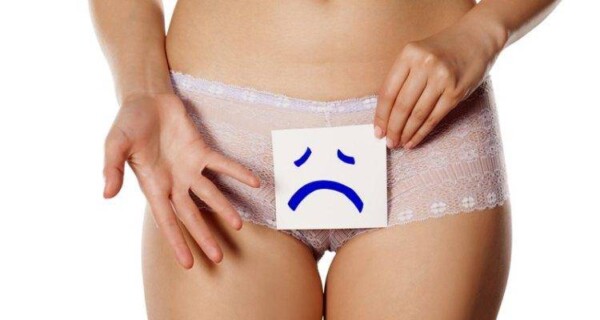
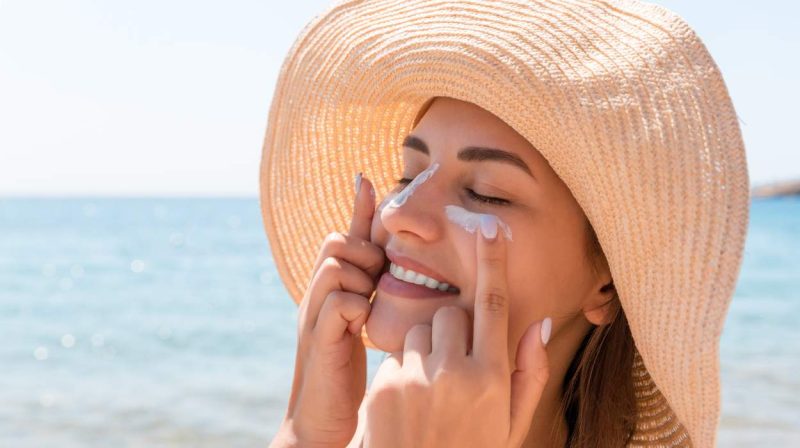
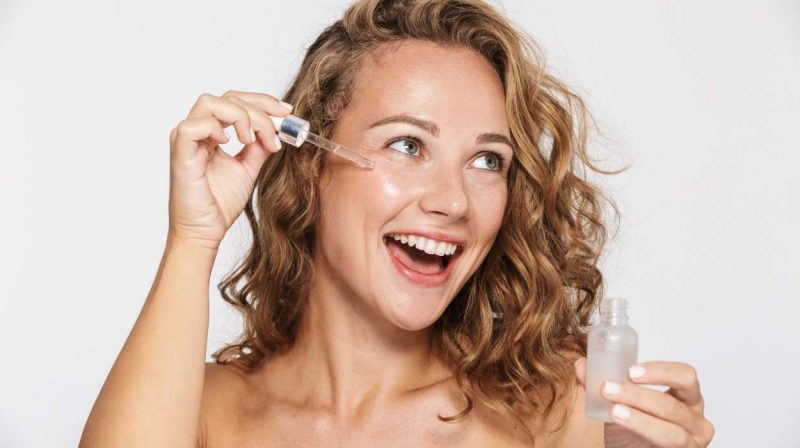
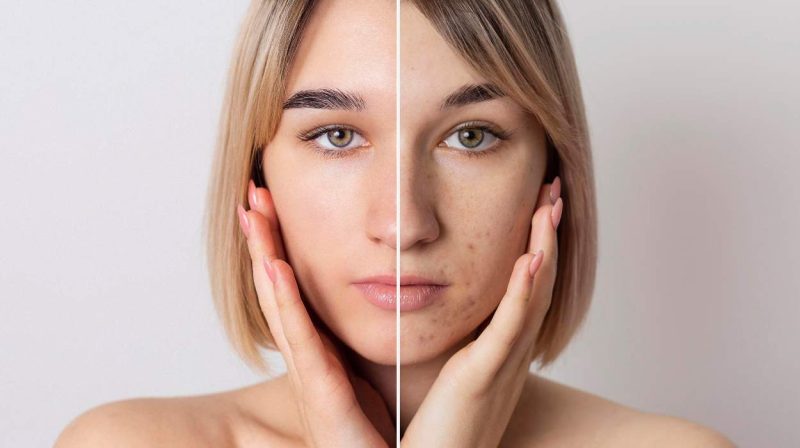



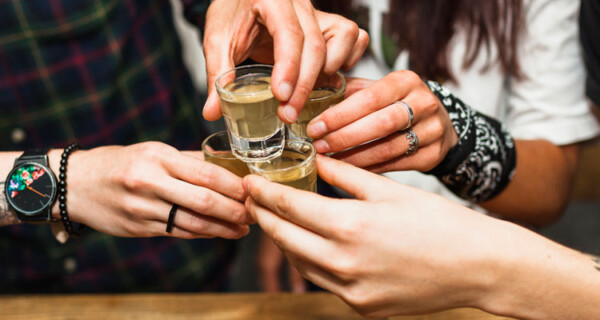







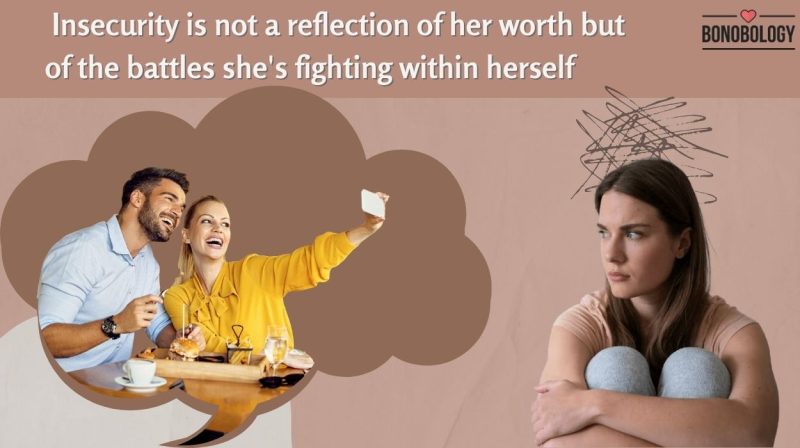





Featured
Best Sunscreen For Your Face
Best Serum For Aging Skin
Best Dark Spot Remover For Face
Why A Cheater Will Cheat Again?
50 Best Halloween Costumes For Couples
How An Eco-friendly Lifestyle Can Spice Up Your Dating Life
Dating A Girl Who Loves Tequila: 5 Things To Know
6 Reasons Why Chocolate Makes Relationships Sweeter
Why The ‘Modern Love’ TV Series Is Like A Soothing Balm For The Soul
21 Tips For A Better Work-Life Balance For Women
11 Best Cavitation Machines To Get In Shape This Year | 2022
Is It Safe To Buy Jewellery Online?
How To Have A Non-Religious Wedding – Some Awesome Tips!
How To Be A Happy Woman? We Tell You 10 Ways!
12 Signs Of Insecure Women And How To Deal With Them
15 Heart Touching Dialogues From Bollywood Movies
World Emoji Day: Everything About The Emojis
Kabir Singh Is The Man I would Want To Fall In Love With
10 Reasons I Am Proud To Be A Curvy Girl
Happy Father’s Day: Tips For How To Be A Good Father